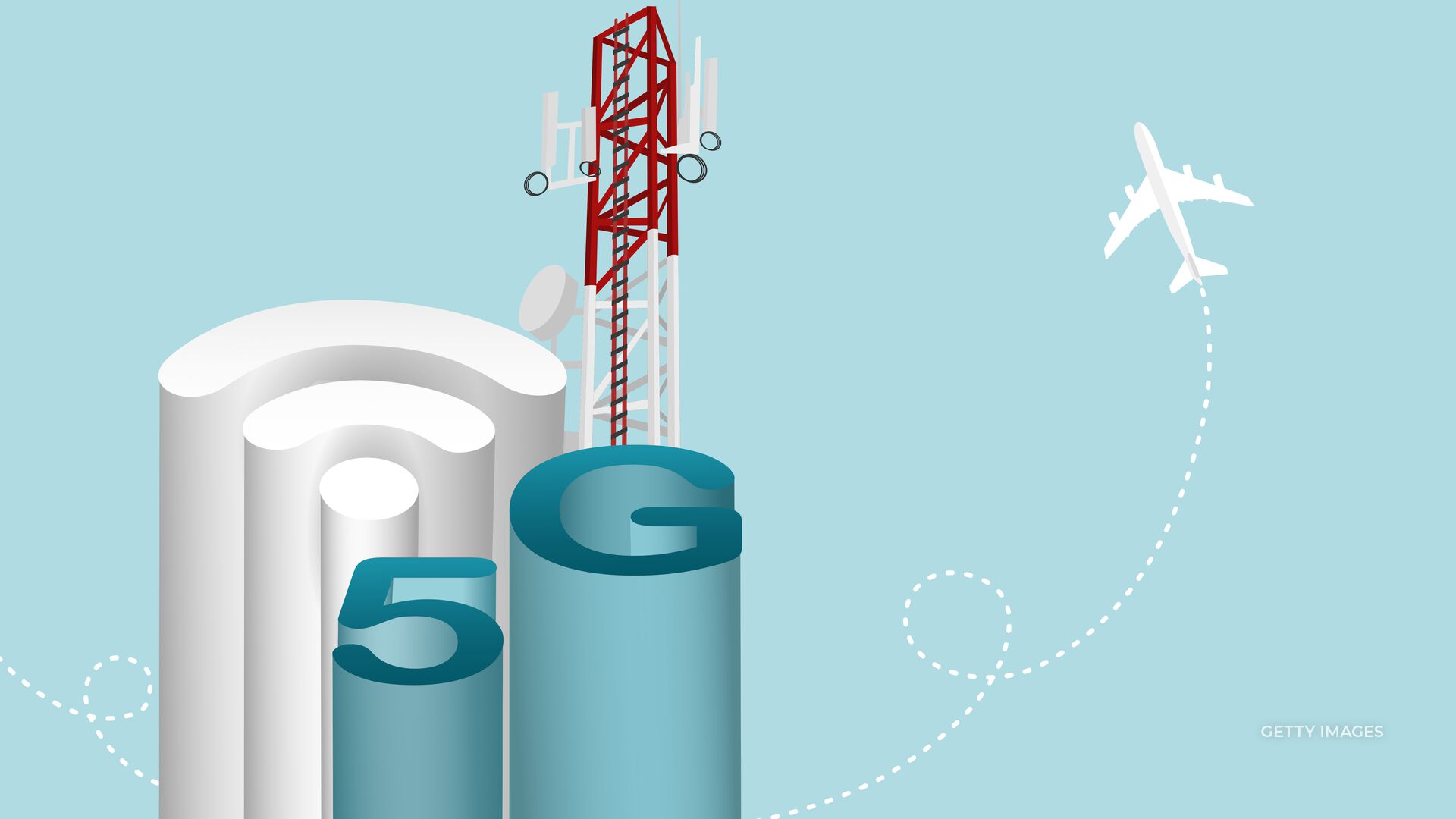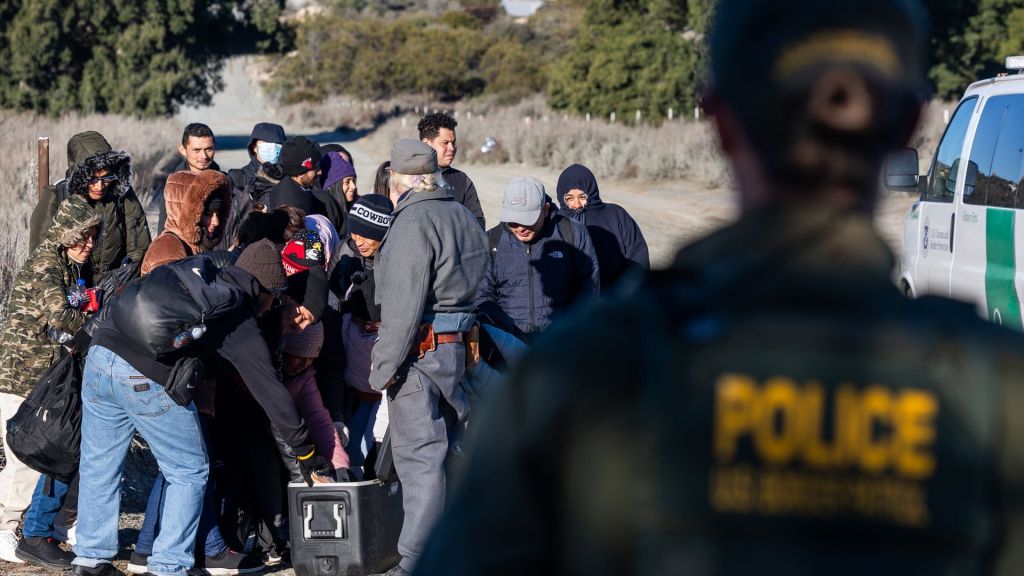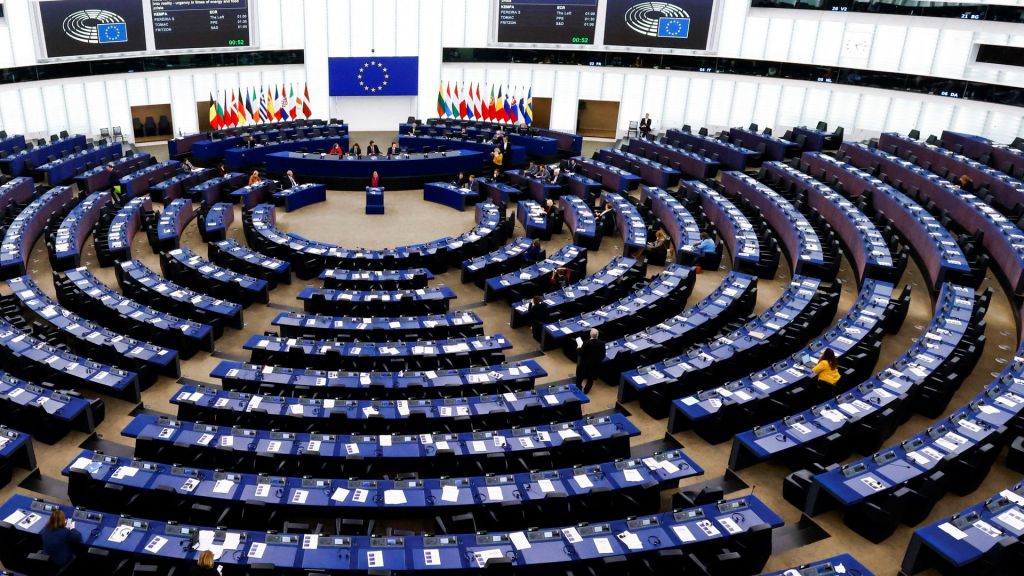
Reporter: “Is there anything more you can tell us on this agreement you’re working on? And are you trying to prevent any flight cancelations which could start as soon as tomorrow?”
Jen Psaki, White House press secretary: “Well, we are, those conversations are ongoing. I don’t have an update at this moment, but they’re ongoing right now, I would say. So, we have the safest airspace in the world. We’re committed to reaching a solution around 5G deployment that maintains the highest level of safety while maintaining disruptions, while minimizing disruptions to passenger travel, cargo operations and our economic recovery. We certainly understand what’s at stake for both industries. We are actively engaged, as you said, with the FAA, FCC, wireless carriers, airlines and aviation equipment manufacturers to reach a solution. And we believe that with continued cooperation, we can chart a path forward, but certainly minimizing flight disruptions, ensuring safety in travel is a is a top priority.”
Reporter: “The FAA has had two years to come up with a plan for this, to deal with this implementation. Should they have acted sooner to minimize the disruption? Did the FAA drop the ball here?”
Jen Psaki, White House press secretary: “You know, I think, Mary, there’ll be lots of time to look back and see how we got here, and I know many of you will do that and of course, that that is understandable. But right now, over the next 24, less than 24 hours, what we’re focused on is trying to come to a solution that will minimize travel travel disruptions to passenger travel, cargo operations and our economic recovery. And that is why it’s so important to hopefully come to an agreement and ensure more planes are flying out there.”
Reporter: “Does the president share the view that the airlines have about how bad this is going to be if the White House doesn’t step in?”
Jen Psaki, White House press secretary: “Well, I think what we’re trying to do now is come to a solution to avoid exactly that. And it is true that if there are hundreds or thousands of flights that are grounded, that means not just disruptions to passenger travel. That also means cargo operations, that means that goods aren’t moving around as quickly and effectively as they need to in order to not have supply chain disruptions. So this is something that we are very focused on, we’ve been closely engaged on and we want to avoid that and prevent it.”






